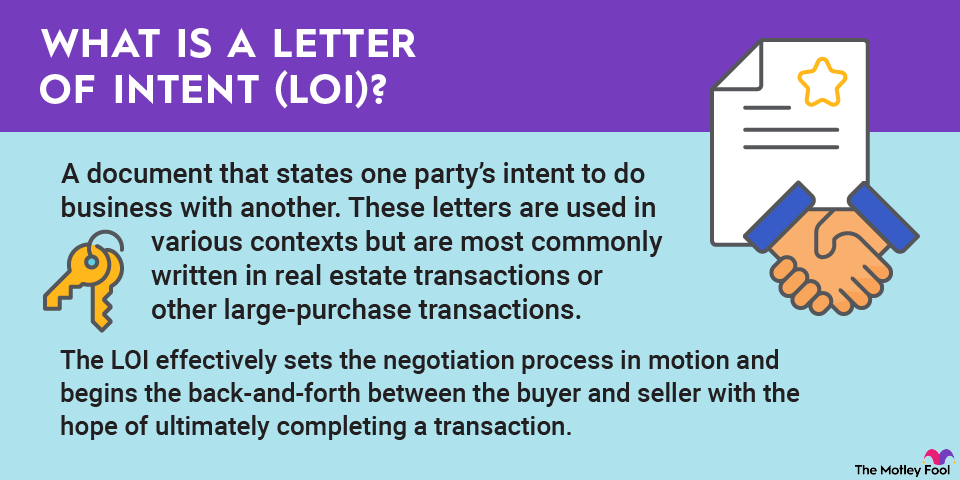Borrowing money can be a complicated process with lots of moving parts you'll need to track, including things like the loan origination fee. Find out what this is and how it affects your bottom line.

What is a loan origination fee?
A loan origination fee is a fee that a bank charges to help cover the administrative costs associated with your loan. Although most people think of mortgage costs when we talk about origination fees, they can apply to any kind of loan, including personal loans.
With a mortgage, the loan origination fee is considered part of your closing costs. It sometimes can be financed as part of the mortgage if your home has enough value that exceeds the amount of your mortgage and your lender allows it.
How much is a loan origination fee?
Loan origination fees on mortgages have been tightly regulated since 2015 and generally run about 1% of the borrowed amount. Personal loans may have higher loan origination fees, as a matter of course, so you'll need to check with your lender about just how much they will be.
There are circumstances that can increase this number, such as an applicant with a low credit score or someone borrowing a very small amount of money. Since the expenses associated with the loan stay the same no matter how much you borrow, those tiny loans sometimes cost a little bit more to cover their own administrative expenses.
Ways to reduce origination fees at closing
For mortgage loans, origination fees are generally charged at closing as part of the settlement statement. If you don't have another way to fund these fees, you'll be expected to pay them out of pocket at closing. However, there are several ways to get around this, including:
Rolling them into your mortgage. If your home appraises for enough, you can finance your origination fee in your mortgage. Since it's not a very large amount of money compared to the mortgage, a lot of people choose to pay it over time.
Asking your lender for fee-free options. Another method that you can use to reduce your origination fee at closing is to choose a mortgage without origination fees. That might sound overly simple, but they do exist, and you can choose to take one out. The trade-off is that your mortgage may have a higher interest rate than one with origination fees, but if you don't intend to live in your home long, this may not make much difference.
Tapping closing cost assistance programs. If you want that better rate but can't roll your closing costs into your loan, closing cost assistance programs may be able to help. You generally will need to meet specific requirements that vary with the program, but once you've found a match, you can receive a grant to cover these expenses. Each program is different, so ask for details before applying.
You can also ask your lender about reducing the origination fee on your loan, but if it's a mortgage, the chances this will be successful are slim. These fees are so minimal and tightly regulated in the mortgage industry today that there's simply not a lot of room to move. However, a personal loan from a bank may be reduced dramatically.
Related investing topics
What's the difference between origination points and discount points?
Loan origination fees are sometimes referred to as "origination points," which can get pretty confusing if you're also dealing with "discount points." Origination points are the same as origination fees, just expressed as a percentage of the loan amount. This is how the lender gets paid for services such as underwriting the loan.
Discount points, on the other hand, are an optional fee you pay to reduce your mortgage interest rate. They vary from lender to lender, both in cost and in how much they reduce your loan, but many lenders will exchange 1% of the mortgage amount for a 0.25% to 0.50% break in interest.

















